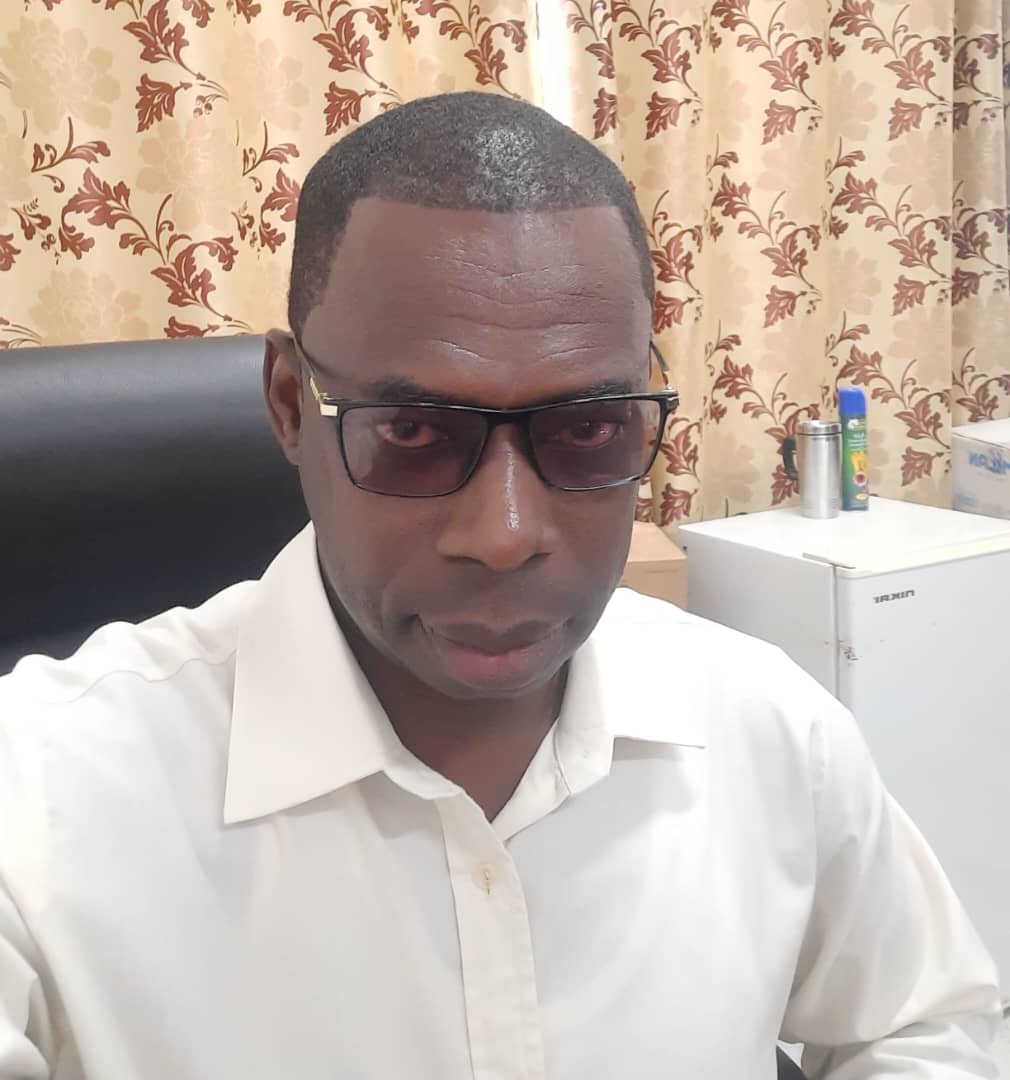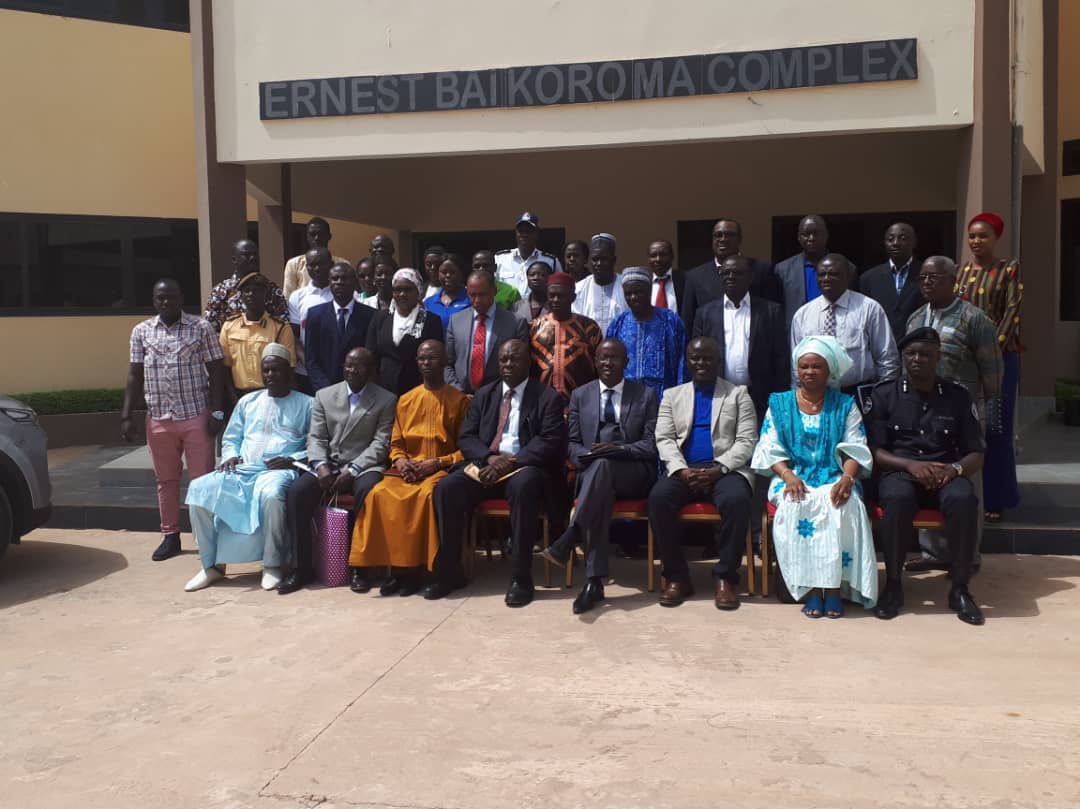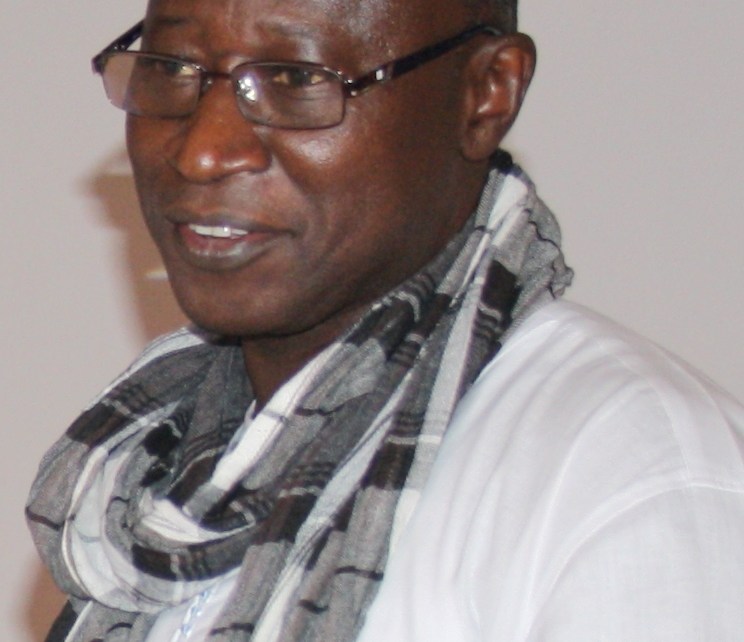By: Lamin B. Darboe- Information Officer Ministry of Public Service/PMO
The Deputy Director of the National Records Service (NRS) has explained that the Electronic Records Management System (ERMS) has proven to be an effective tool for enhancing the operational efficiency of all pilot Government Ministries, Departments, and Agencies (MDAs).
Mr. Adama Joof said this on Thursday during an interview with this reporter while he gave detail of his office’s roles and responsibilities.
The Deputy Director named some of the Government institutions that are currently using the ERMS pilot these institutions include the National Records Service (NRS), Personnel Management Office (PMO), Public Service Commission (PSC), Ministry of Finance and Economic Affairs (MoFEA) and the National Audit Office (NAO).
According to him, significant productivity gains were also captured by several non-pilot MDAs where the ERMS has been introduced after 2019, including the Accountant General’s Department (AGD).
“With the support of the Ministry of Communication and Digital Economy, the ERMS would be rolled-out to all MDAs in phases to create a single Electronic Records Management System for all MDAs,” MrJoof explained.
This is the only way, he added, to fast-track the achievement
of e-Government which is one of the main priorities of the Government towards the realization of the defined National Development Goals (NDG) and objectives through the optimal adoption and utilization of ICTs.
He explained his office’s main functions which include supervising and coordinating staff in the Ministries, Departments, and Agencies (MDA), reporting to the Director on matters relating to manpower planning, organization, and implementation of training needs, providing appropriate guidance on the appraisal and disposition of semi-current records and non-current records not covered by retention schedules, acquires non-public records for safekeeping by purchases, gifts, bequests or deposits, oversees the arrangement or assists in the description of public records in the National Archives, supervises the preparation of appropriate guides, lists, and other search aids, arranges exhibitions and supervises the conservation or preservation of holdings in the Archives, assists in the preparation of National Record’s end of year report and assists the Director in the preparation of the annual budget.
The monthly allocation should be augmented so that the NRS would be able to spend its allocated annual budget on programs and activities which spread across all MDAs. Also, a special budget line should be created for the arrangement, decongestion, and transfer of all semi-current records within MDAs to the NRS Records Centre Repositories.
Mr Joof stated that Records Management ensures that institutional records of vital historical, fiscal, and legal value are identified and preserved, and that non-essential records are discarded promptly according to established guidelines and identified legislation.
He informed that modern governments create and receive records relating to a vast array of persons, places, things, transactions, and events.
“Not everyone possesses the skills or inclination to use the archives personally in the way one might use a library. “In most cases, individuals will benefit from the archives through the labour of intermediaries who may be defined as primary users,” Joof stated.
The secondary users he went on, consist of specialists in various disciplines, the reading public, students of all ages, and viewers of documentary cinema and television productions.
Thus the activities of both primary and secondary users Mr. Joof explained, enable the national archives to become a powerful resource in the education and cultural development of society and in fostering international understanding.
He noted that archives document the origins and migrations of the people, the successes and failures of their leaders, the economic and social development of society, wars and natural calamities, and relationships with other peoples and nations.
Mr. Joof said the information National Archives contain is a priceless national treasure that can be used for the betterment of the people in myriad ways adding that the archives, when used as an educational and cultural resource, can be invaluable in developing a sense of national identity and in fostering a people’s understanding of itself and its relationship to the rest of the world.





